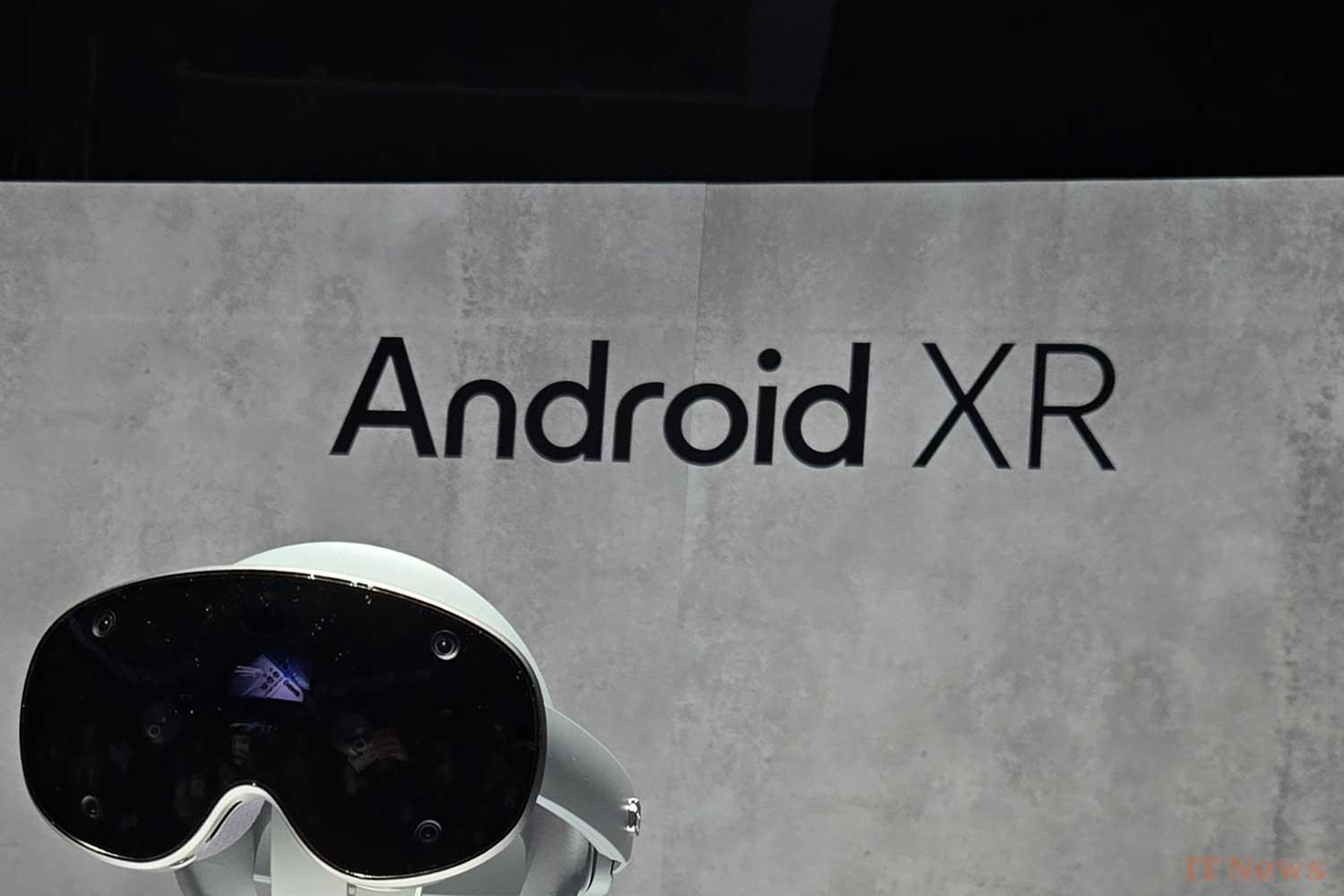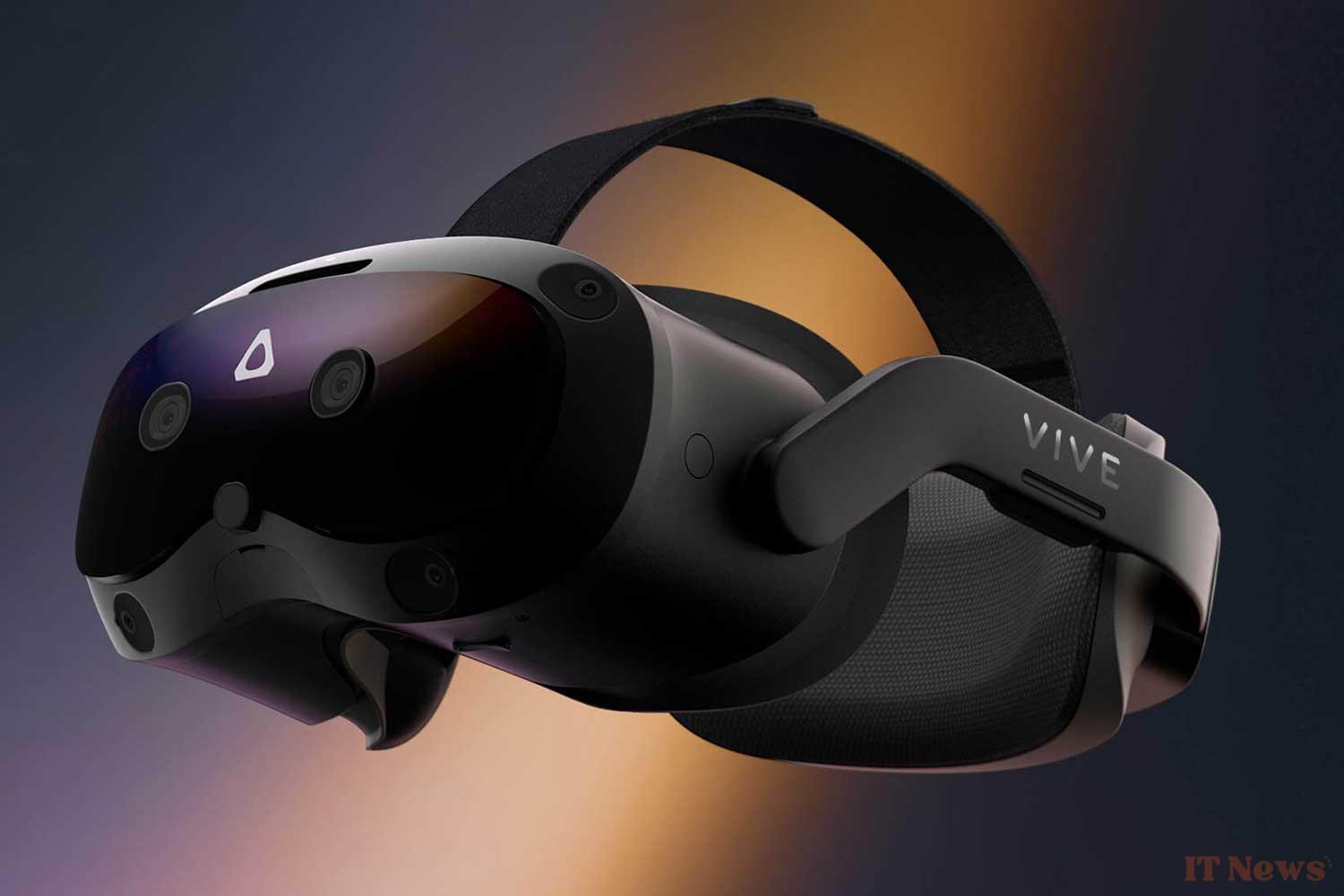The battle over AI should not make us forget the one currently being played out over spatial computing. The term gained popularity when the Apple Vision Pro was announced, with the headset being presented as "Apple's first spatial computer". While it is still far from conquering the general public, this mixed reality headset has won over critics to become one of the notable tech products of 2024. It has not gone unnoticed by the competition either, particularly at Meta and its boss Mark Zuckerberg, who have not failed to criticize the Vision Pro.
For its part, Google sensed that its big rival was preparing a major project. The Mountain View firm approached Samsung and Qualcomm at the beginning of 2023 to form a sort of "anti-Apple" of mixed reality. The three companies have discussed their ambitions to develop "the XR experiences of the future" and the project has been accelerating for several weeks.
Samsung and Google unveiled a headset in December and the announcement mainly allowed them to discuss the Android XR platform. This operating system for headsets and glasses is a new attempt by the Mountain View giant to weigh in on mixed reality. Indeed, Google's previous attempts with Cardboard, Daydream or Glass have ended in failure. The arrival of artificial intelligence should allow Android XR to take off, but Google does not want to repeat the same mistakes.
Google recovers some of the HTC Vive engineers
To "accelerate" the development of its new platform, Google announced this week the signing of a new agreement with HTC. It allows the American giant to recover part of the teams that worked on the HTC Vive.
"We have signed an agreement to welcome certain members of the HTC VIVE engineering team to Google [...] This is an incredibly strong technical team with proven experience in the field of VR, and we look forward to working with them to accelerate the development of the Android XR platform across the entire ecosystem of headsets and glasses", explains the American firm. Google's intentions are clear and the deal, which should be finalized in the first quarter of 2025, amounts to $250 million. In addition to the transfer of a team of engineers, Google recovers a non-exclusive license on the technologies developed by HTC Vive. The Californian group will be able to use them in its future software and services.
However, the agreement is "neither a buyout nor an exclusive license" and HTC will continue to exist. The company will still be able to develop and market its own Vive products.
Google is taking another bite out of HTC (and it's doing well)
This new acquisition is giving a boost to the Android XR initiative. Far removed from the smartphone sector, HTC remains a major player in the world of virtual and augmented reality with headsets like the Vive Focus Vision. The Taiwanese brand is turning more towards the corporate world than in the past, but its know-how is an asset for Google.
Above all, recent history shows that the search giant was right to go and pick up talent from HTC. While the two companies had already collaborated (HTC manufactured the first Android smartphone, the HTC Dream), Google paid $1.1 billion in 2017 to acquire part of the GTC team in charge of designing and developing smartphones. This acquisition helped strengthen Google's efforts in the hardware field and accelerate the development of the Pixel range, with the success it has today.
The scenario is a little different today and Google is first working on finding partners. Rather than going it alone to compete with Apple and its Vision Pro or Meta and its Quest headsets, the firm is collaborating with Samsung on "Project Moohan".




0 Comments